The Vatican recently released a statement critical of plastic surgery, suggesting that elective procedures, such as a tummy tuck or a facelift, are an “aggression” towards women. The document goes on further to say that altering one’s appearance can “amputate the expressive possibilities of the human face, which are so connected to empathic abilities,” and “can be aggressive toward the feminine identity, showing a refusal of the body.”
The media does plastic surgery no favors by showing only the outliers, patients whose results have transformed their faces and bodies instead of enhancing, or restoring. Board certified plastic surgeons Dr. Clifford Clark, Dr. Brian Brzowski, and Dr. David Lickstein team up in this PSC roundtable to discuss the Vatican’s comments and restore the elegance of plastic surgery that they impart on their patients everyday.
By Clifford P. Clark III, MD, Brian K. Brzowski, MD and David A. Lickstein, MD
The Plastic Surgery Channel
Is there any truth to the Vatican’s statements?
For many of us, when we hear about plastic surgery, it’s probably on a tabloid-esque news story about a celebrity who overdid their lips, or maybe watching the latest episode of a reality show.
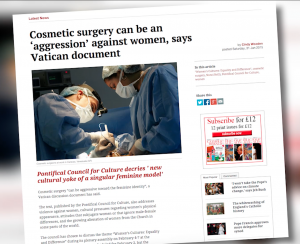
“I do agree with them on many aspects that plastic surgery can be over done and that it can wipe away human expression, but that’s what we’re about as board certified plastic surgeons. Making sure that doesn’t happen,” says Dr. Clifford Clark.
While it may ring true for some, the vast majority of excellent outcomes are not newsworthy. A cosmetic procedure should enhance and/or restore physical appearance, not alter drastically. “[The statement] really forgets a lot of the breadth of our specialty and that it was founded on restoring appearance,” says Dr. Lickstein. “Making people feel better about themselves and correcting things that we may have been born with but don’t like is our goal.”
What about the “amputation of human expression”?
The article goes on further to suggest that, “plastic surgery amputates the possibility of human expression.” In other words, the church seems to think expressing ourselves honestly and genuinely will be hampered if our physical appearance is altered.
“I disagree with that entirely,” says Brzowski. “In many, many cases plastic surgery reveals their expressions. As we see everyday in our practices, patients will come in and complain that their outside appearance doesn’t match their inside appearance. They feel young and vibrant and exciting on the inside. When they have that mismatch between how they feel internally and how they feel externally, plastic surgery can fill the gap.”
“What we’re trying to do is enhance beauty,” says Lickstein. “We bring volume back and use the traditional ideals of what beauty is to accomplish this.”
A thoughtful and personal experience produces the best results
The differences between the Botox on sale down the street at a spa type establishment vs. a thorough consultation with a local board certified plastic surgeon or dermatologist is, not surprisingly, quite large. Patients can always get procedures performed on the cheap by someone unqualified looking to make a quick buck, but isn’t that a risky situation when your body is being altered?
Consulting with board certified surgeon allows you as a patient to fully express what you want, something that can then be assessed by the doctor to form a thoughtful course of action. Maybe you came in looking to get some Botox, but really what you need is some skin tightening, or maybe a minimally-invasive treatment to improve skin texture. Trusting an expert to put your best interests forward is the path that leads to excellent results that even the Pope wouldn’t notice.
“I think it’s part of our training,” says Lickstein. “Learning to listen to patients and get to know our patients. We look to develop long-term relationships and really get to understand them.”
“I think the statements are not sensitive to the history of plastic surgery, which is about reconstructing patients and allowing them to fulfill their own potential,” explains Dr. Clark.




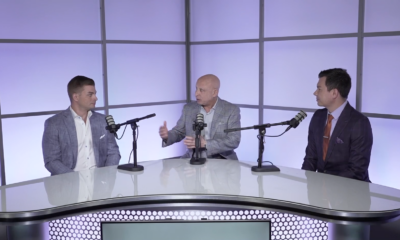

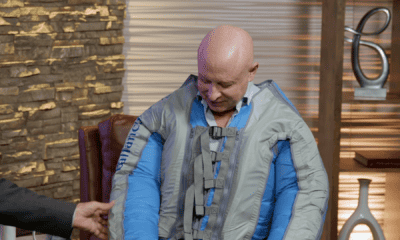
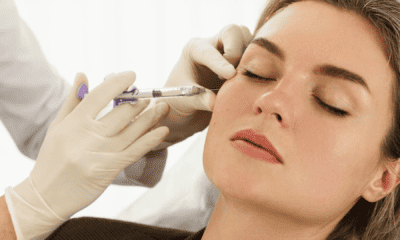


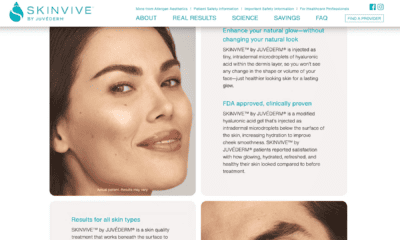





Facebook
Twitter
Instagram
YouTube
RSS